To fully participate in society and to create art that calls power to account, the arts community needs to continue to identify, analyse and tackle the causes of self-censorship
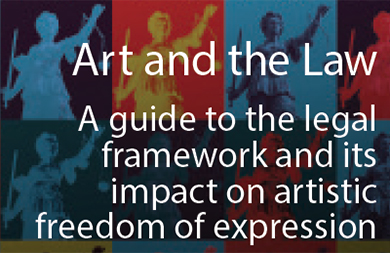

To fully participate in society and to create art that calls power to account, the arts community needs to continue to identify, analyse and tackle the causes of self-censorship
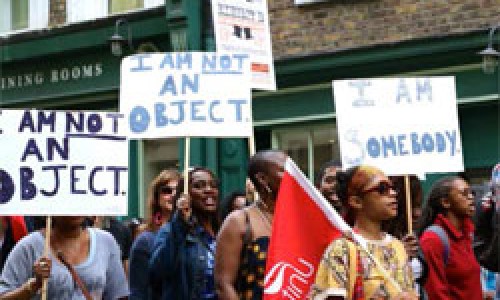
UK law criminalises conduct that has the intent of stirring up racial hatred or hatred on grounds of religion or sexual orientation.
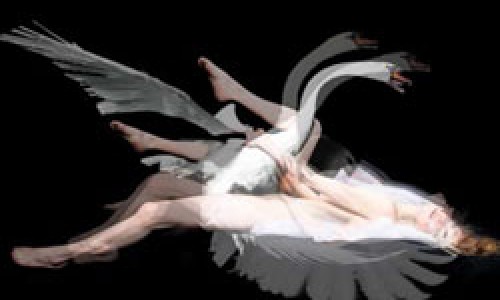
Obscene publications are governed by the Obscene Publications Act 1959 and the Obscene Publications Act 1964.

There are few recent legal cases involving freedom of artistic expression in the UK.
The playwright Gurpreet Kaur Bhatti found herself in the eye of a storm that had profound effects on her personally and on theatre as a whole.

Policing is a core function of the state, and it has long been accepted that our taxes pay for police services. The role of the police naturally shifts with changes in culture and the law, but the current position is that the police, as a public...

In the United States, Australia and Britain a handful of art museums and galleries have come under scrutiny for displaying photographs of children.
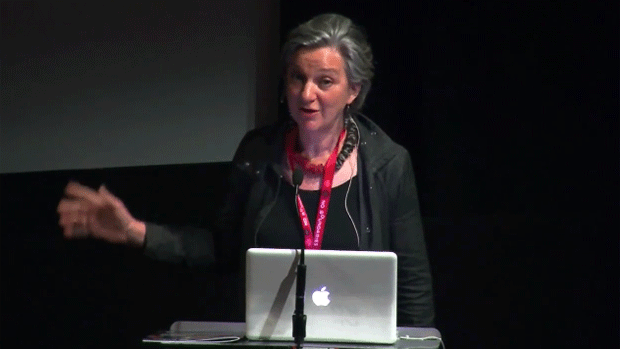
In 1972, Michael Scammell, first editor of Index on Censorship magazine wrote in the first edition – “Freedom of expression is not self-perpetuating, but needs to be maintained by the constant vigilance of those who care about it.” We obviously haven’t been very vigilant here in the UK

We need to do more to ensure that police work with venues to promote freedom of expression, not stifle it
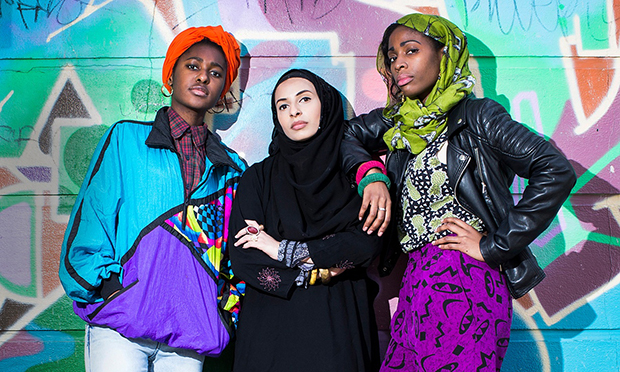
Police involvement in the cancellation this week of a National Youth Theatre production highlights again the difficult legal challenges for arts organisations putting on contentious work. Can a new set of guidelines help?
Art and the Law provides guidance to artists and arts organisations creating controversial art about the legal framework in England and Wales. The guides deal with five areas: Child Protection, Counter Terror, Obscene Publications, Public Order, and Race and Religion. Learn more.